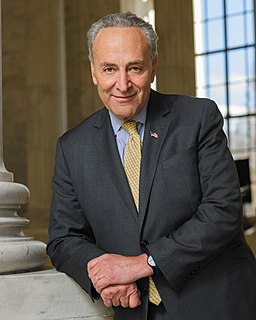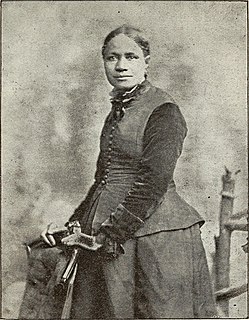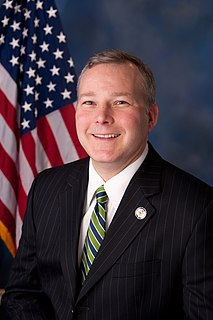A Quote by Priti Patel
We have legislated to protect the public from tax rises and guarantee incomes for pensioners, so enshrining in law more protections for consumers, commuters and investors is possible. Enshrining these rights into law would mean that any future government which wanted to reverse this would have to go through the primary legislative process.
Related Quotes
We all agreed on the framework: Pass DACA protections and additional border security measures excluding the wall. We agreed that the president Donald Trump would support enshrining the DACA protections into law. What remains to be negotiated are the details of border security with a mutual goal of finalizing all the details as soon as possible. While both sides agreed that the wall would not be any part of this agreement, the president made clear he intends to pursue it at a later time, and we made clear that we would continue to oppose it.
The Government in their own terms, for example, they banked the income for the backpackers' tax. But they had a process attached to the backpackers' tax of review that they wanted to go through. What the Government's saying now with this bill is any process, any detail, any reinvestment that Labor had as part of its package, we're meant to ignore all of that and it's only the cut part of it that we're meant to be committed to.
I suspect that many of the great cultural shifts that prepare the way for political change are largely aesthetic. A Buick radiator grille is as much a political statement as a Rolls Royce radiator grille, one enshrining a machine aesthetic driven by a populist optimism, the other enshrining a hierarchical and exclusive social order.
A government which can protect and defend its citizens from wrong and outrage and does not is vicious. A government which would do it and cannot is weak; and where human life is insecure through either weakness or viciousness in the administration of law, there must be a lack of justice and where this is wanting, nothing can make up the deficiency.
The First and Fourteenth Amendments say that Congress and the States shall make "no law" which abridges freedom of speech or of the press. In order to sanction a system of censorship I would have to say that "no law" does not mean what it says, that "no law" is qualified to mean "some" laws. I cannot take this step.
When each citizen submits himself to the authority of law he does not thereby decrease his independence or freedom, but rather increases it. By recognizing that he is a part of a larger body which is banded together for a common purpose, he becomes more than an individual, he rises to a new dignity of citizenship. Instead of finding himself restricted and confined by rendering obedience to public law, he finds himself protected and defended and in the exercise of increased and increasing rights.
































